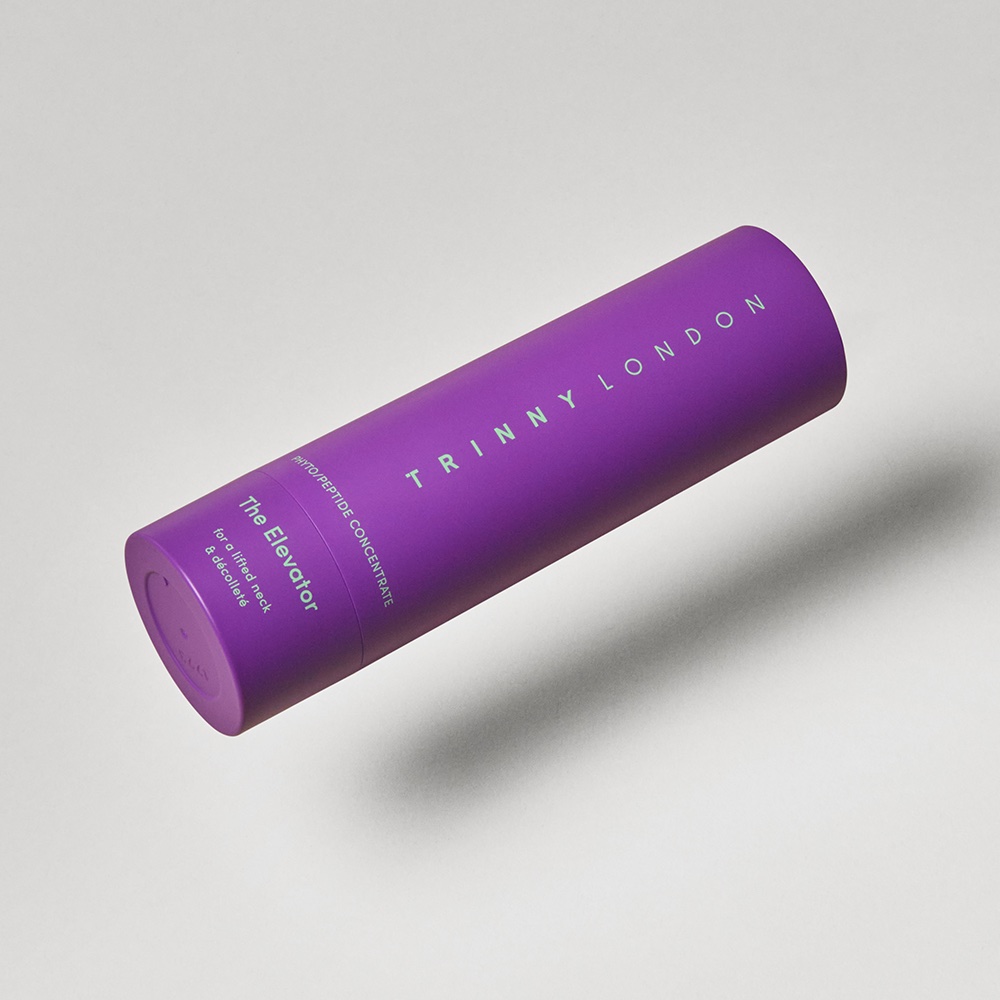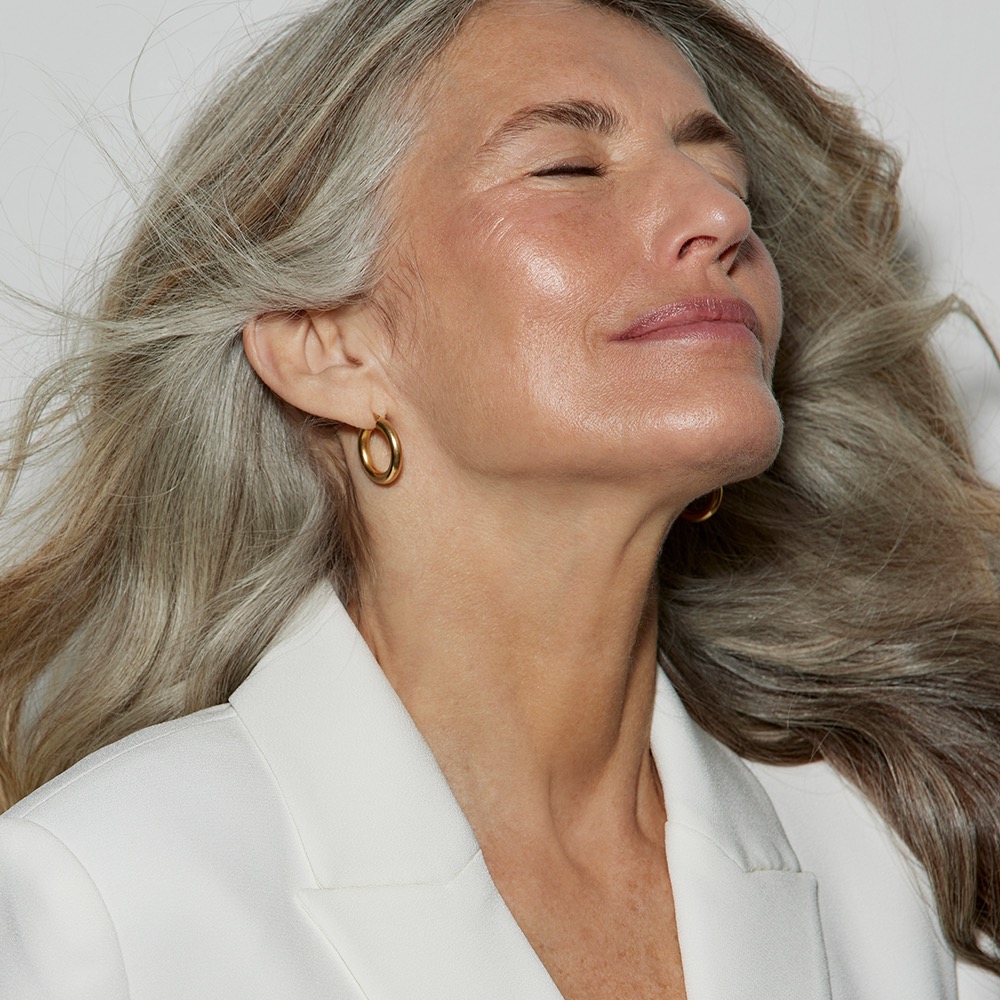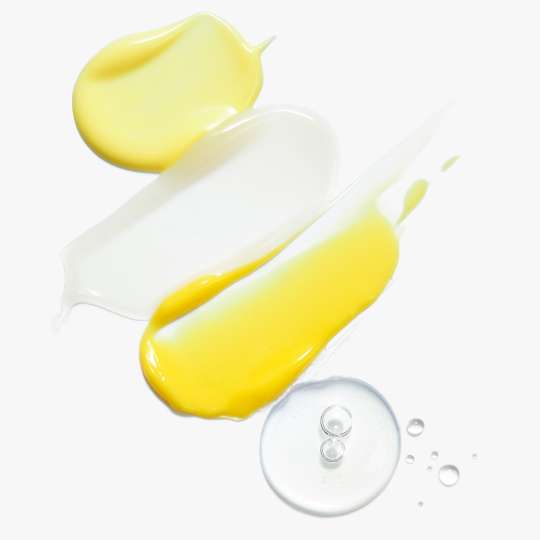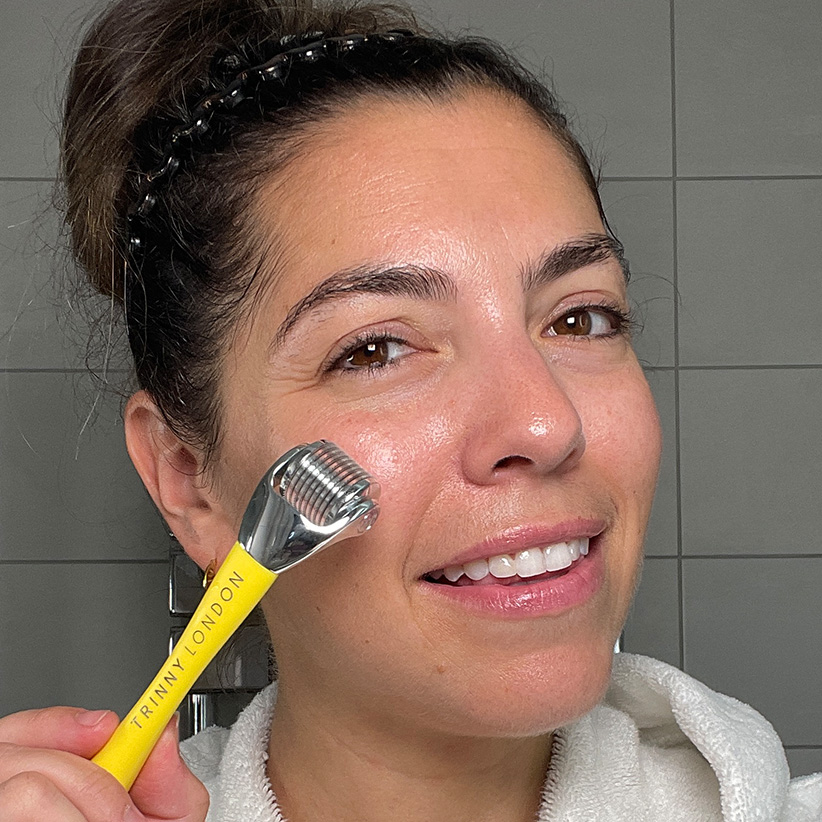
Good news – all prices include taxes, duties and customs on all orders under $1,000

What’s the difference between clinical trials and consumer trials?
Have you heard the terms ‘clinical trials’ and ‘consumer trials’ floating around in the beauty world before, but not sure what they mean? Let’s break it down…
What are clinical trials?
Clinical trials carefully measure how well a product performs using specific, clear methods to assess the skin. They focus on measurable outcomes and track improvements in skin over time.
Clinical trials use various techniques to measure skin changes, such as instrumental measurements (using specialised devices), imaging, expert evaluations and before and after pictures. Because clinical trials rely on accurate and controlled measurements, they don’t need a large number of participants. They typically involve 20 to 35 people, carried out in independent clinics by highly trained professionals with extensive experience – this ensures the results are unbiased and trustworthy. Conditions are carefully controlled during the trial, and measurements are taken at specific intervals to ensure accurate results.
Volunteers for clinical trials are chosen based on specific criteria relevant to what is being measured. For example, they wouldn’t test an anti-ageing product on 20-year-old women, as they likely don’t have visible wrinkles to measure, so older participants with more visible wrinkles would be chosen.
What are consumer trials?
Consumer trials (sometimes called user trials) gather volunteers’ personal opinions about a product to understand how well they believe it works. This ensures the results reflect what a typical customer would think of the product.
These trials look at volunteers' overall experience without knowing the brand, product or its expected benefits. Volunteers try the product at home before answering questionnaires about their experience and results after a period of time. These questionnaires include specific statements, and volunteers are asked how much they agree using a set scale. Positive responses are then converted into a percentage which is used to make product claims – for example, 96% of volunteers agree that this product hydrates skin.
Because these trials are less controlled and aim to reflect real-life use, a large number of volunteers are involved to give a representative sample of consumer opinions – these trials normally involve over 100 participants. A large, diverse group of volunteers ensures a realistic customer base is selected, making the feedback more broadly applicable. Independent organisations run these trials to ensure the brand’s identity remains completely anonymous and the results are totally fair – if the volunteers knew the brand they were testing, their opinions may be more biased.
So what does it mean if a product says it’s ‘clinically proven’ to do something?
In short, this means a product has gone through clinical trials and has been proven to give the results tested. For example, if a product is clinically proven to visibly smooth wrinkles (such as The Elevator), this means it really has shown it can smooth wrinkles in a clinical study.
Why do Trinny London do clinical and consumer trials?
There’s no legal obligation to conduct clinical or consumer trials when launching a new skincare product, but at Trinny London, we believe in only creating products that truly give great results. The rigorous environment, experts and techniques involved in these trials come at a high cost, however they’re vital to ensure our new products live up to our high expectations.


